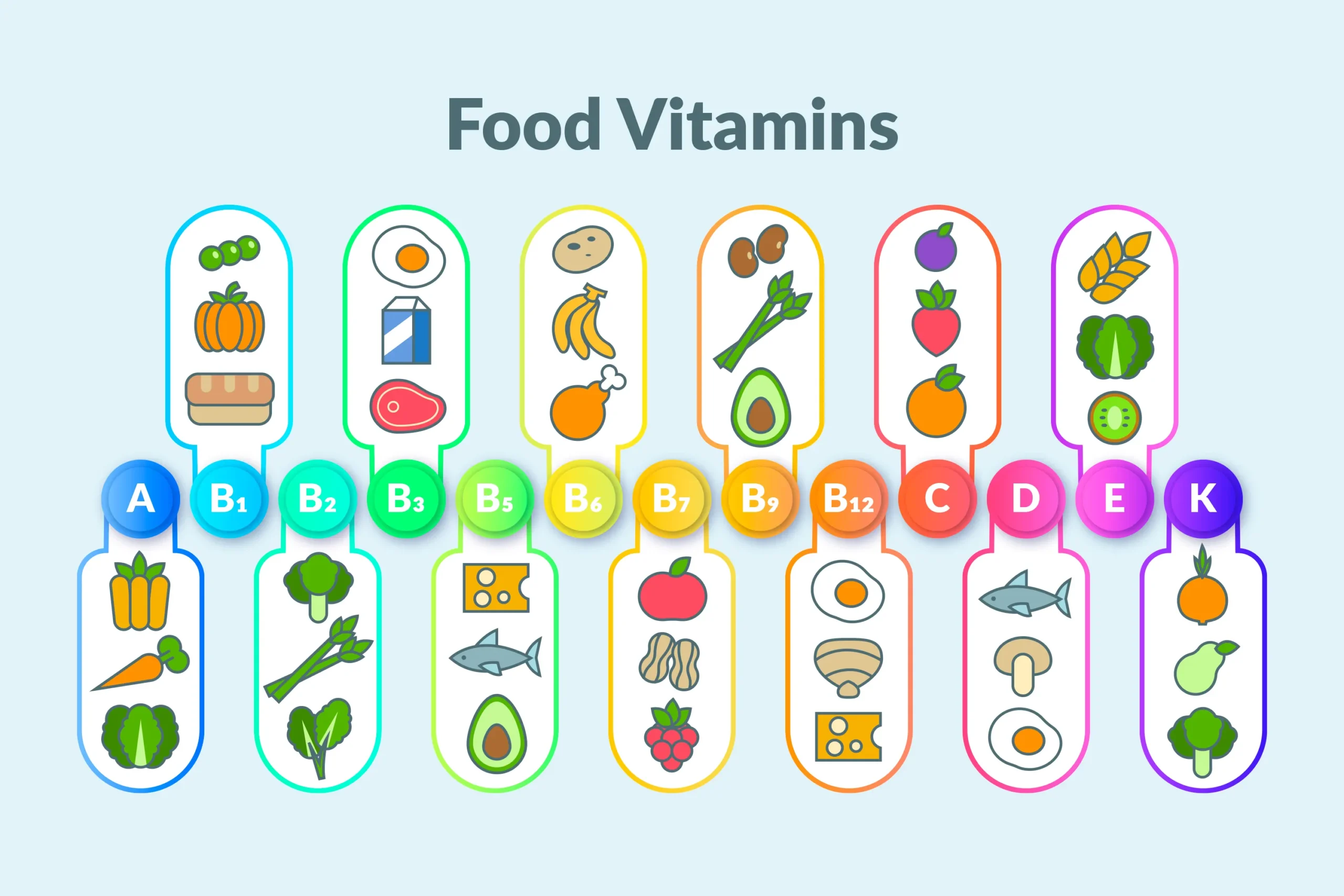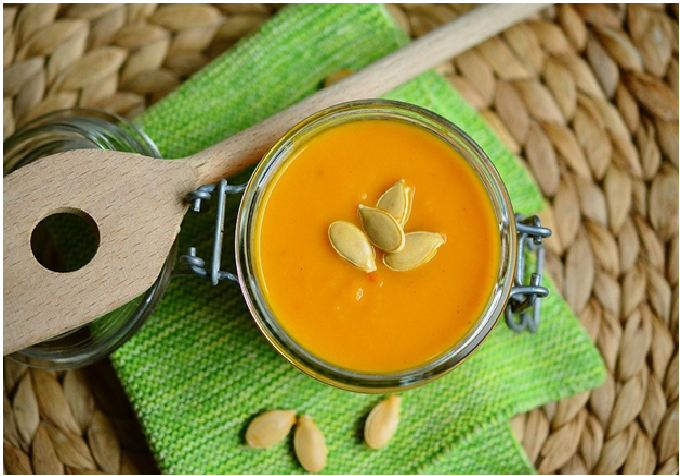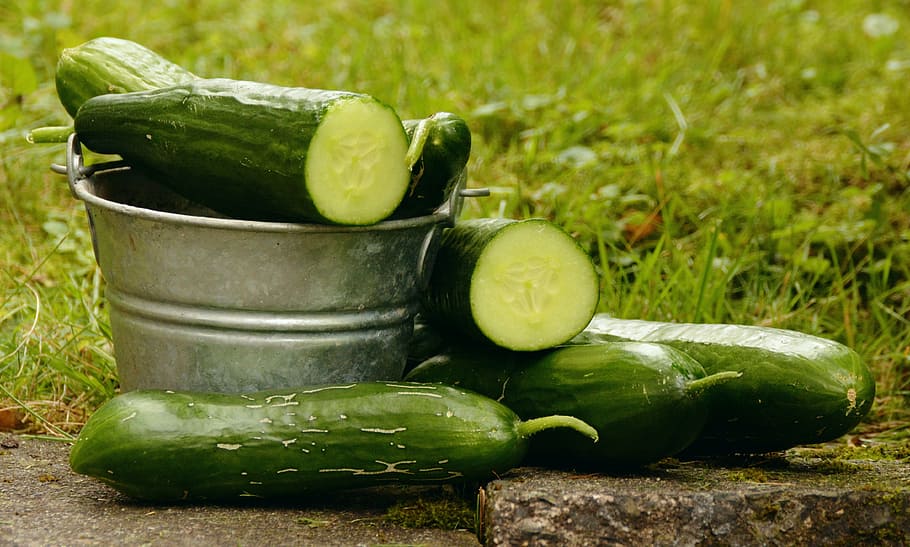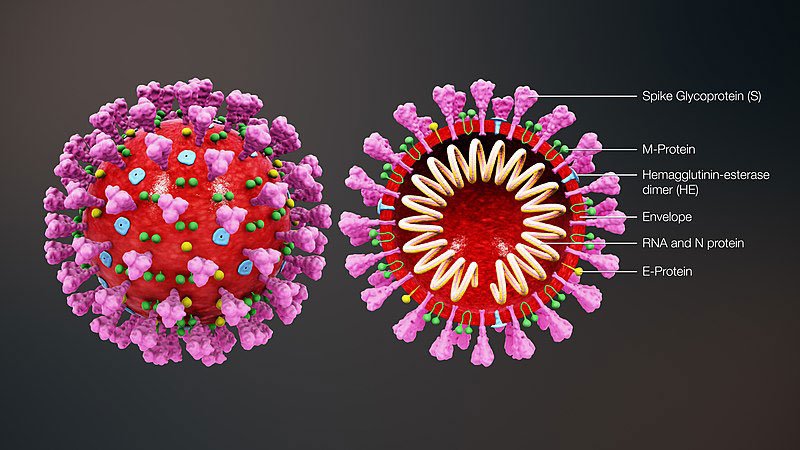4 Amazing Seeds to Include in Your Diet
When it comes to our health, diet is the first thing that we need to focus on. You might be familiar with the cliché, i.e. 'we are what we eat. Developing healthy eating habits is what is preferred by most loving home care services. Likewise, adding seeds to your daily diet is always a great idea.
Seeds have all the necessary materials that led to the development of a plant; therefore, they are considered nutritious. In addition, seeds are a great source of fibers, monounsaturated fats, minerals, antioxidants, vitamins, and polyunsaturated fats.
When consumed daily, seeds can help overcome high blood sugar, blood pressure, and cholesterol. Here is a list of four great sources that are capable of doing wonders for your health:
Flaxseeds:
Commonly known as linseeds, flaxseeds are a great source of omega-3 fatty acids, alpha-linolenic acid (ALA), and fibres. However, the omega-3 fatty acids are contained in the seed's outer shell, which means the human body cannot digest them; it is best to use them in grounded form.
Flaxseeds have a variety of polyphenols, particularly lignans, which work as antioxidants in the body. These can help in reducing cholesterol levels which in turn decreases the risk of heart diseases. Flaxseeds can also lower blood pressure when eaten regularly.
They are beneficial for reducing tumour growth in women's breasts and showing similar advantages for prostate cancer in men.
Chia Seeds:
Chia seeds offer almost the same benefits that flaxseed offers and since they are a rich source of omega-3 fatty acids, fibres, and a lot of other nutrients. They contain antioxidant polyphenols. Regular consumption of chia seeds increases the ALA in blood, an essential omega-3 fatty acid that helps to reduce fat.
Chia seeds can help in reducing blood sugar levels if taken regularly after a meal. Different studies also suggest that chia seeds reduce the appetite, making them beneficial for those opting for weight loss. They also reduce the risk of heart diseases.
Sesame Seeds:
These seeds are widely consumed in Asia and are part of paste popular in Western countries called tahini. They contain a rich amount of lignans called sesamin. The best-known dietary source of lignans.
The sesamin in seeds gets converted into a type of lignan called enterolactone by your gut bacteria. Enterolactone act as a sex hormone estrogen, the lower levels of which can lead to breast and heart diseases.
Sesame seeds are majorly used for reducing inflammation, oxidative stress, and reducing the symptoms of arthritis. In addition, studies have shown that eating 40 grams of sesame seed powder for 28 days in a row can reduce muscle damage.
Sunflower Seeds:
They are the most commonly used ones. Sunflower seeds are rich in proteins, vitamin E, and monounsaturated fats. As a result, they help reduce inflammatory issues in middle-aged and older adults, reducing the risk of heart disease.
Studies have shown that regular consumption of sunflower seeds leads to reduced levels of LDL cholesterol. In addition, it results in lowering triglycerides in the blood. Therefore, it is believed that sunflower seeds reduce both the excellent and insufficient cholesterol levels in the blood.
The Bottom Line:
A nutritionist often suggests seeds for a healthy lifestyle. They are a rich source of nutrients, and their consumption can improve your overall health. You can add them to salads, smoothies, yogurts, or oatmeal. You can seek help from your doctor or nutritionist to get seeds suggested for your daily diet according to the health issues you are dealing with.








































